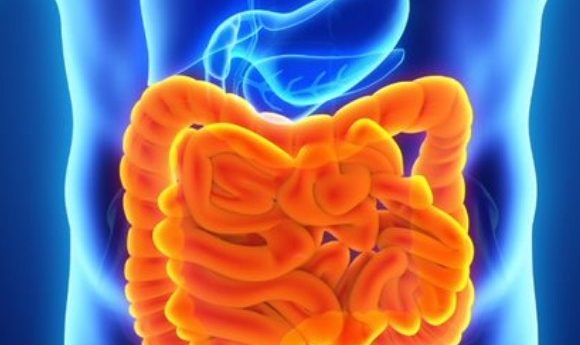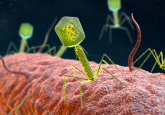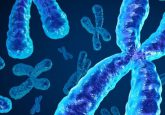Cystic fibrosis carriers may exhibit symptoms

Individuals who carry a copy of the cystic fibrosis gene may not be asymptomatic as once thought, says new research.
Researchers from the University of Toronto (Canada) have utilized genomes from the UK Biobank to demonstrate that individuals who carry one mutated cystic fibrosis causing gene may have an increased risk of digestive issues.
Graduate student Yu-Chung Lin presented the findings at the Annual Meeting of the American Society of Human Genetics (Houston, TX, USA, 15-19 October)
Cystic fibrosis is a recessive disease which occurs when individuals carry two mutated variants of the CFTR gene. Cystic fibrosis primarily affects the lungs, leading to difficulty breathing and increased production of mucus. It can also affect other organs including the liver, intestines and kidneys, with those affected often experiencing poor growth.
It has previously been assumed that individuals carrying one disease causing variant of CFTR do not exhibit symptoms of cystic fibrosis. Researchers were motivated by the wide variety of symptoms caused by the disease to investigate this hypothesis.
Utilizing samples from 263,000 individuals whose records indicated a diagnosis of cystic fibrosis with pulmonary symptoms, the team discovered 8700 of these patients carried the most common variant.
- ASHG 2019
- Talking Techniques | DNA Sequencing with Joanne Hackett
- A ‘treasure map’ for epigenetic causes of diseases
By investigating different phenotypes in a phenome-wide association study, researchers demonstrated correlations between modifier genes, which modulate symptoms, carrier status and digestive disorders. Several cystic fibrosis modifier genes expressed in carriers were shown to be associated with intestinal obstruction, esophagitis and gastroesophageal reflux disease, with the greatest propensity towards bile duct obstruction.
“We found that carriers were twice as likely as non-carriers to experience bile duct obstruction,” explained Lin. “While it is important to note that being a carrier doesn’t predict symptoms for any given individual, the association study shows that there may be phenotypic risks to having even one copy of the cystic fibrosis variant. It’s important to consider the clinical impact of this information carefully.”
The team plan to continue performing association studies utilizing the Biobank data. They hope to discover more phenotypic associations utilizing this method as well as further investigating the effect that modifier genes can exhibit on the potential range of symptoms experienced by carriers. This research has the potential to inform healthcare decisions for carriers of cystic fibrosis.
Check out the rest of our coverage from ASHG 2019 here.





